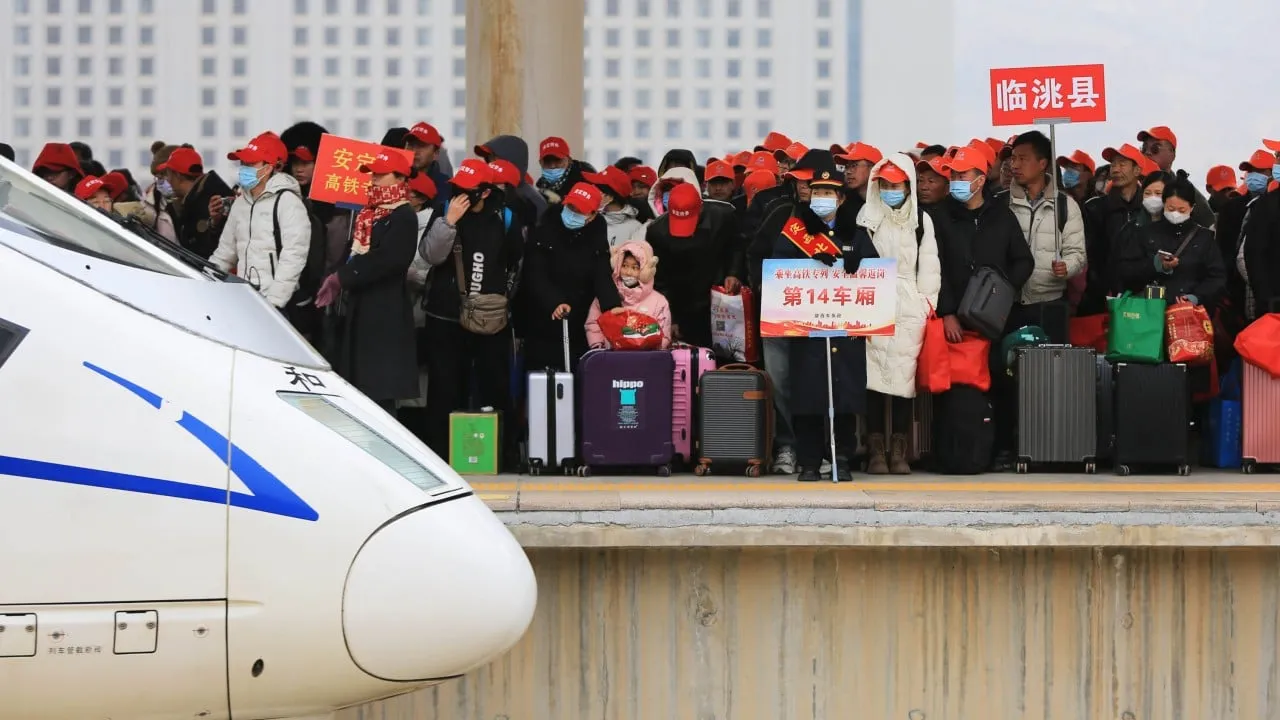China Migrants: How Major Cities are Transforming Residency Rules to Attract Populations

China's Strategy for Population Growth
In a nationwide push, Chinese cities are relaxing hukou residency requirements to attract migrants. The aim is to enhance social benefits and access to public services for those willing to invest in local property. Chengdu's recent initiative exemplifies this trend, as homebuyers are being given residency rights linked to their property purchases.
The Impact on Major Cities
Metropolises such as Beijing, Shanghai, and Guangzhou are also adapting their policies, shifting towards more favorable residency arrangements.
Key Examples
- Chengdu: Residency rights for homebuyers.
- Shenyang and Qingdao: Increased residency availability for renters.
- Tianjin: Eased points-based residency criteria.
These developments arise from an acute need to attract population amidst dwindling birth rates and significant real estate challenges, which in turn drive economic vitality.
Consequences for Local Economies
The adjustments in residency policies are expected to have a profound impact on urban economies, facilitating a shift toward sustainable population growth.
This article was prepared using information from open sources in accordance with the principles of Ethical Policy. The editorial team is not responsible for absolute accuracy, as it relies on data from the sources referenced.